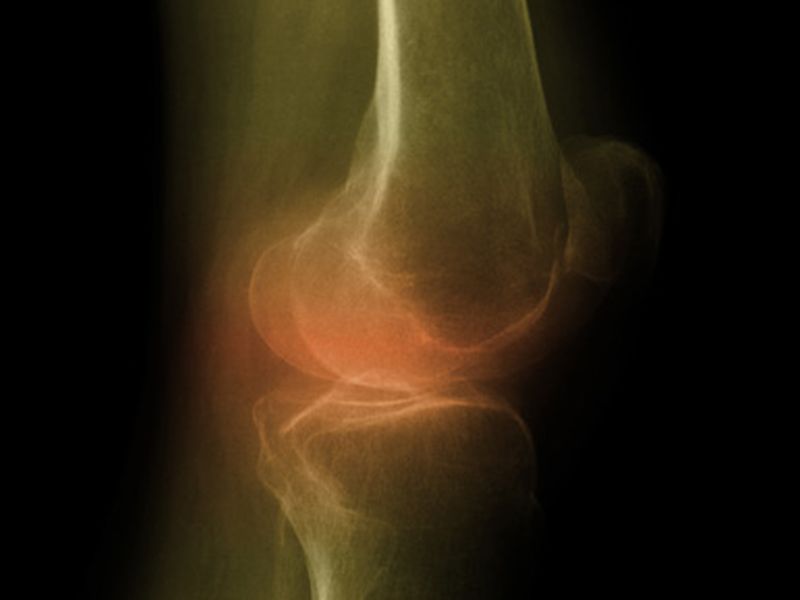Some doctors still provide hyaluronic acid (rooster comb) injections for knee osteoarthritis. This article published in the International Journal of Rheumatic Diseases suggests that doctors who use guided ultrasound while performing the injection get better results.

MONDAY, Aug. 14, 2017 (HealthDay News) — Sonography-guided hyaluronic acid injection may yield better results than surface anatomy-guided injection in patients with knee osteoarthritis, according to a study published online Aug. 9 in the International Journal of Rheumatic Diseases.
Nahid Kianmehr, M.D., from Iran University in Tehran, and colleagues compared the effect of sonographic-guided versus blind knee injection of hyaluronic acid among 61 patients with primary knee osteoarthritis.
The researchers found that all scores in the Western Ontario and McMaster Universities Osteoarthritis Index pain and function subscales changed significantly in both short- and long-term follow-up. However, in those who had received intra-articular injection under the guidance of sonography, the mean differences at six and 12 weeks were significantly higher for both the pain and function subscales. At six weeks, the mean in differences of the 10-cm visual analogue scale (both at rest and after 50-feet walk) was statistically significant in both groups, but did not remain significant after 12 weeks.
“Application of sonography might improve the response of patients to intra-articular injection of hyaluronic acid, at least in certain clinical indices,” the authors write.